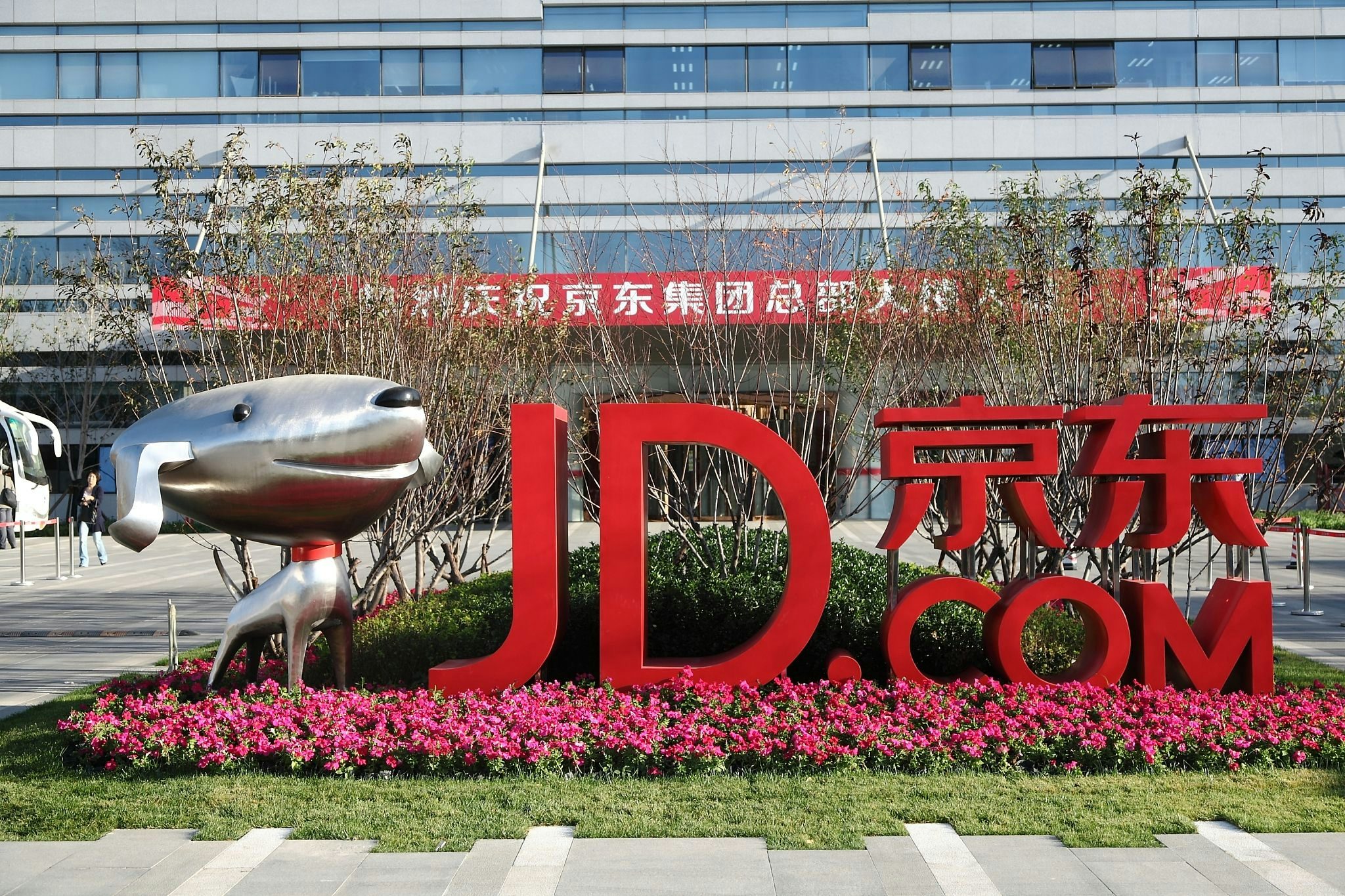’Tis the season for holiday online shopping – not only in the United States but also in China. In addition to Alibaba’s massive Singles Day Sales and the Double 12 shopping festival, there’s luxury brand platform Vipshop’s 128 Anniversary Sale. Running from Dec. 7—10, the sale offered deep discounts on more than 5,000 brands to Vipshop’s 60.5 million members, according to the company’s latest SEC filing.
Vipshop is now the third biggest e-commerce platform in China, accounting for 3.2 percent market share at the end of Q3 2017, according to an Analysys (易观) report. They’ve managed to carve out a small space between China’s two e-commerce giants, Alibaba and JD.com, which together take nearly 86 percent of the total market.
The company reports a significant growth in active customers—referring to those who have purchased from vip.com at least once in Q3 2017—up 22 percent from the year prior. The gross profit for Q3 2017 increased by 19.4 percent to RMB 3.5 billion (526 million).
Testament to the platform’s rise, this week it was announced that JD.com and Tencent were investing 863 million in the company.
How Vipshop has grown from a modest Guangzhou startup to an e-commerce giant is something of a mystery. Here is Jing Daily’s take on the four core elements of its strategy so far.
1. Pivoting from flash-sales to luxury brands#
Vipshop recently added a number of popular luxury brands to its platform, such as Diesel, Marc Jacobs, Sergio Rossi, Shanghai Tang, and Peuterey, aiming to shift the company’s focus from deep discounts to luxury brands sales.
It is worth noting that Marc Jacobs has also built its first online flagship store in China on Vipshop’s subsidiary platform, VIPLUX, which enables Vipshop members to purchase Marc Jacobs’s latest collection exclusively through vip.com.
Although rumors have been swirling that Marc Jacobs is making a desperate move to boost its disappointing sales in recent years, Vipshop’s determination to reinvent its business model and engage in the luxury brand industry is strong.
2. Partnering with celebrities and influencers#
A week before the 128 Anniversary Sales, Vipshop orchestrated a dazzling 128-drone performance above the Pearl River in Guangzhou to kick off its biggest sales event of the year. In addition, they hired celebrities and social media influencers, such as Jay Chou and Hannah Quinlivan, as CJOs (“首席惊喜官”) – a made-up term that translates loosely as Chief Surprise Officers.
As one of the most popular pop singers in the Chinese-language world, Chou is adored by both post-80s and post-90s alike – Vipshop’s target audience. Vipshop has also embraced the live-streaming trend in China, providing consumers with an interactive buying guide during their online-shopping process.
Vipshop’s marketing expenses dropped from 5.3 percent to 3.1 percent in Q3 2017, while they’ve remained very much in consumers’ minds.
3. The Super VIP Paid Membership Program (超级vip专享)#
While offering basic discounts to almost all customers, Vipshop also gives out special coupons to those who register for the Super VIP Paid Membership Program.
The Super VIP Program works similarly to Bloomingdales’ Loyallist Program, allowing customers to earn “V points” on each Vipshop purchase. When a consumer reaches a certain number of points, additional discounts are offered.
Vipshop began to roll out its Super VIP Program to all customers in Q3 2017, and the average visiting frequency of customers enrolled in the program increased by almost 100 percent.
4. Last-mile delivery service#
This year, Vipshop smashed its last-mile delivery record during the 128 Anniversary Sale by delivering the first order to a customer in just 13 minutes and 18 seconds.
Founder and CEO Eric Shen has built Vipshop as a vertical operation very similar to Seattle-based tech giant, Amazon. Vipshop has warehouses in all parts of China to manage its inventory and carrier partners. It has also built a sprawling network for the last-mile delivery services so as to speed up the delivery process.
In Q3 2017, the company added three local warehouses in Taiyuan, Hohhot, and Hefei to expand its regional logistics hubs. They are currently investing in driver-less delivery cars, hoping to further elevate their delivery effectiveness and efficiencies in the future.



